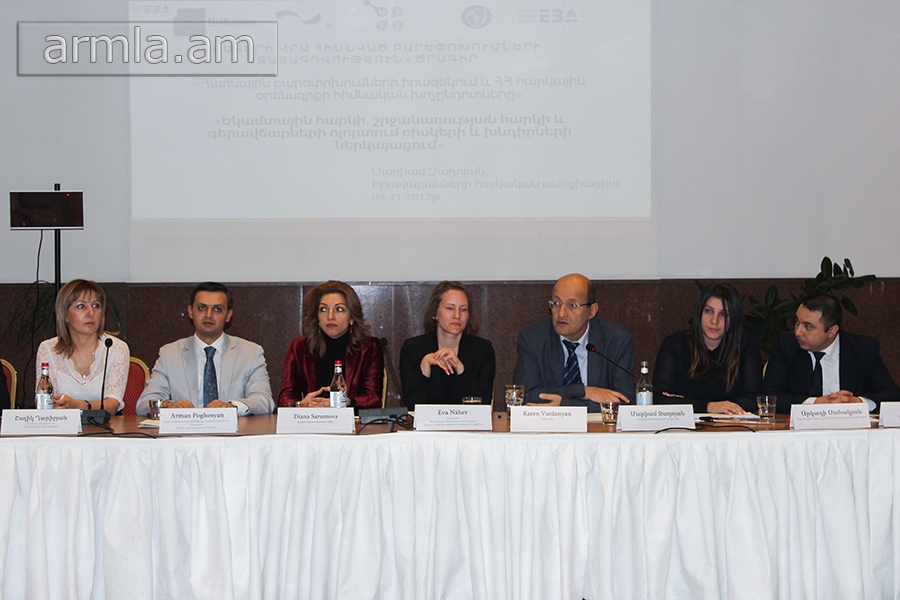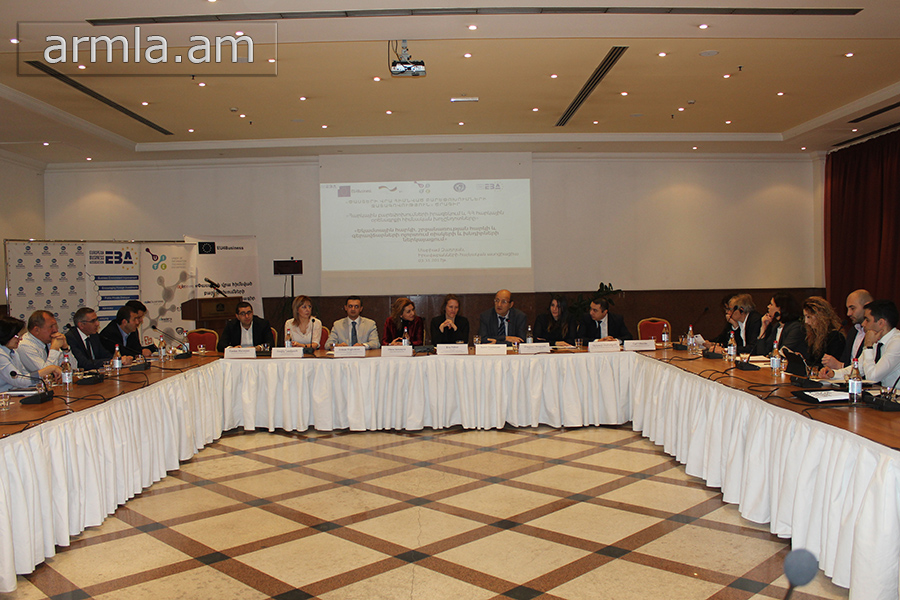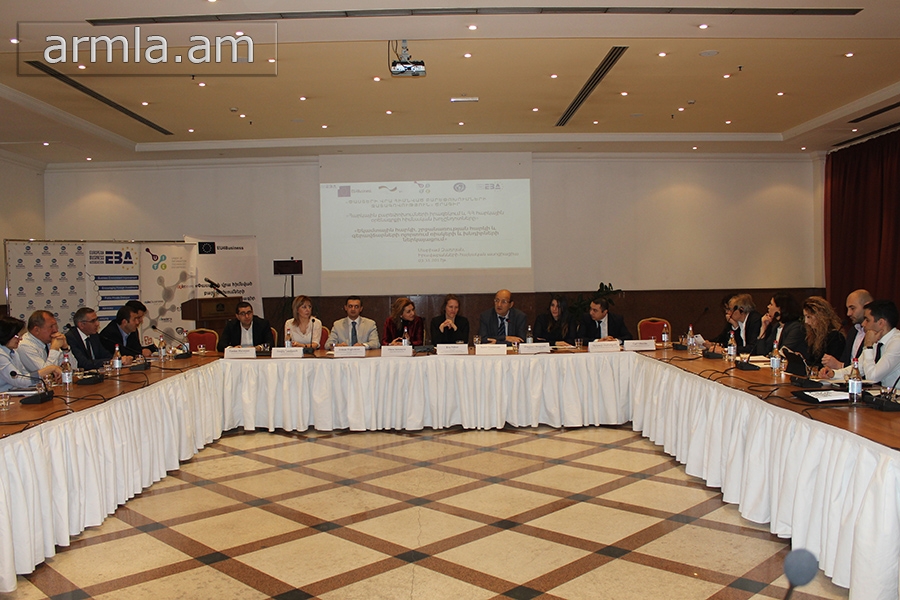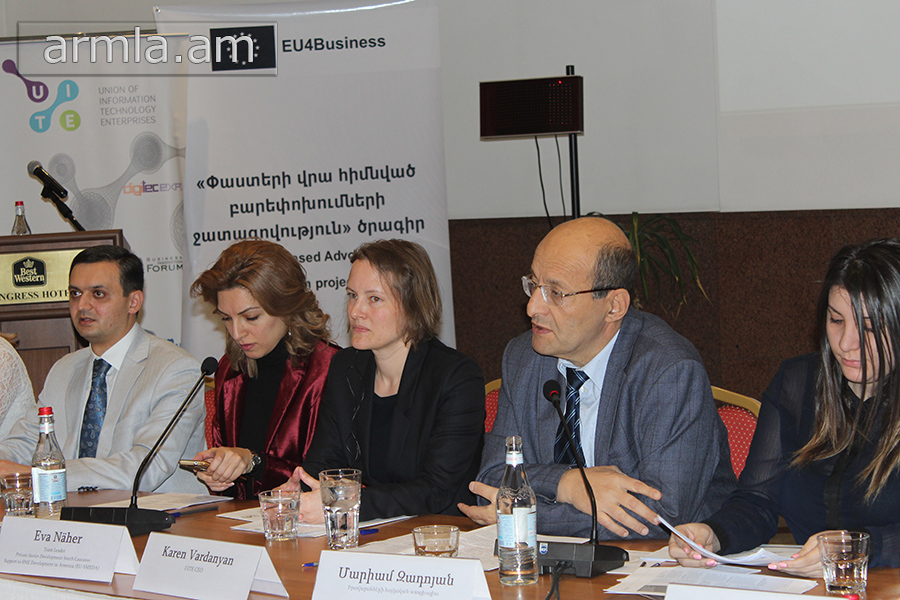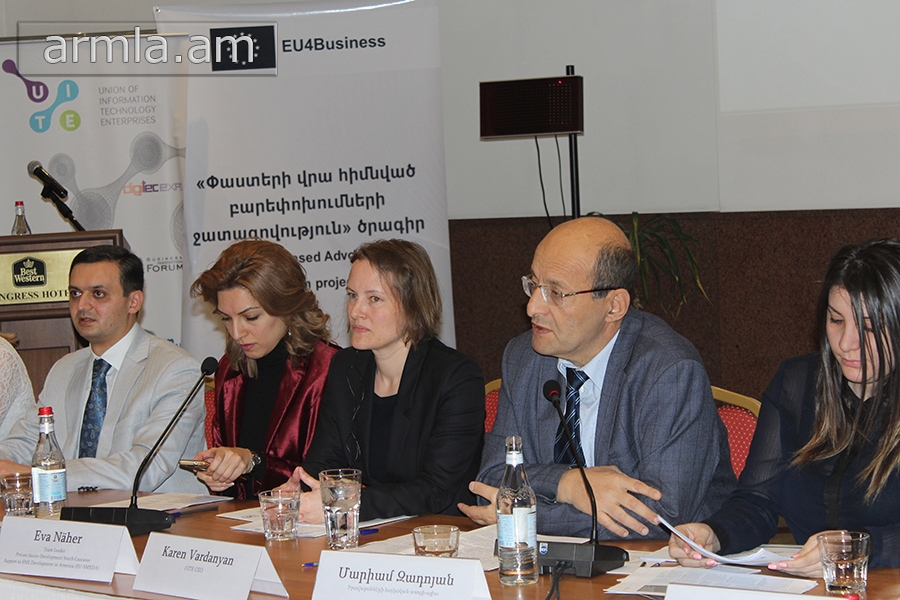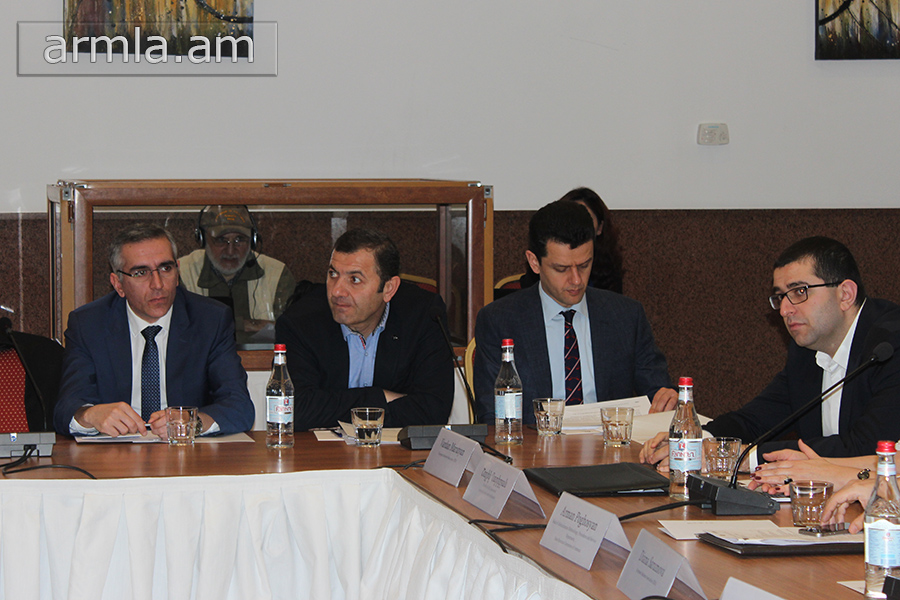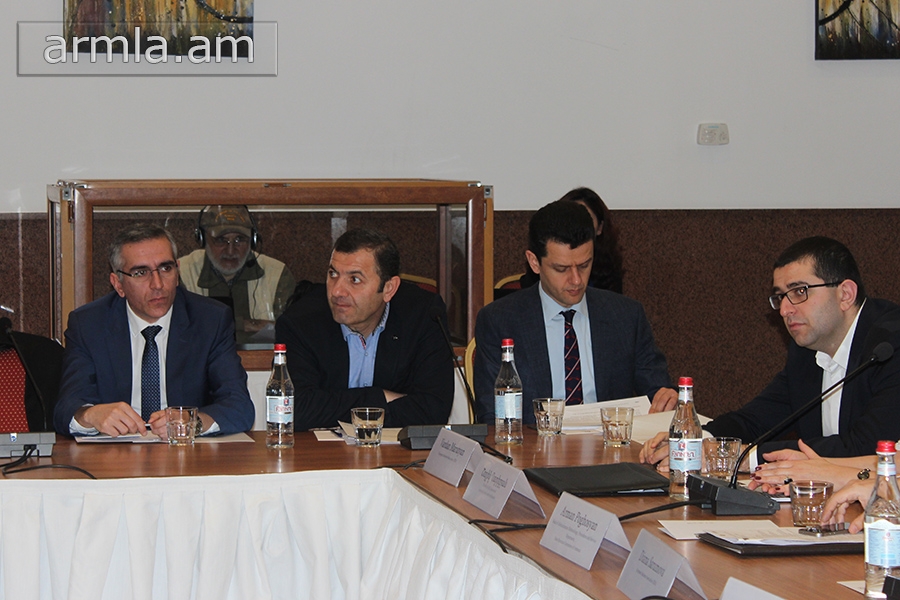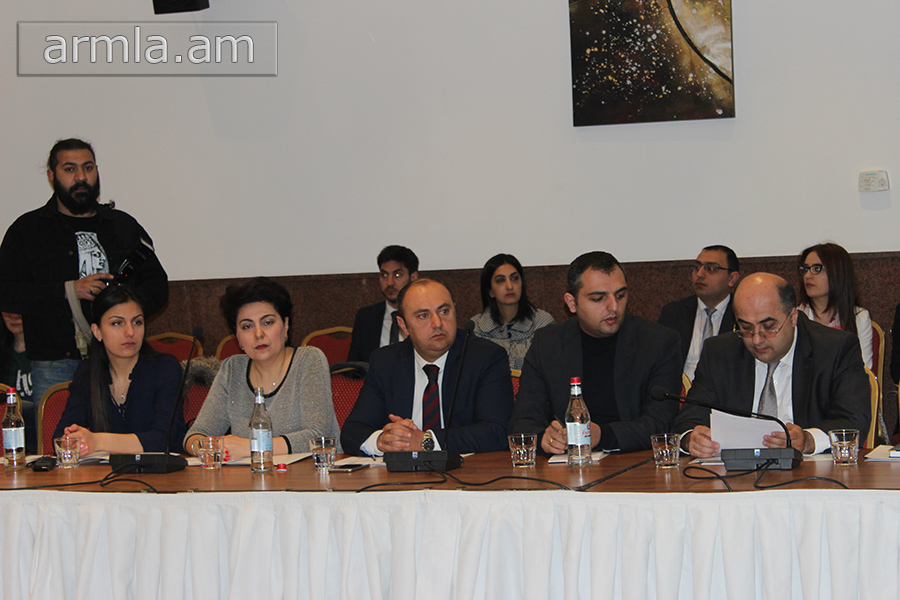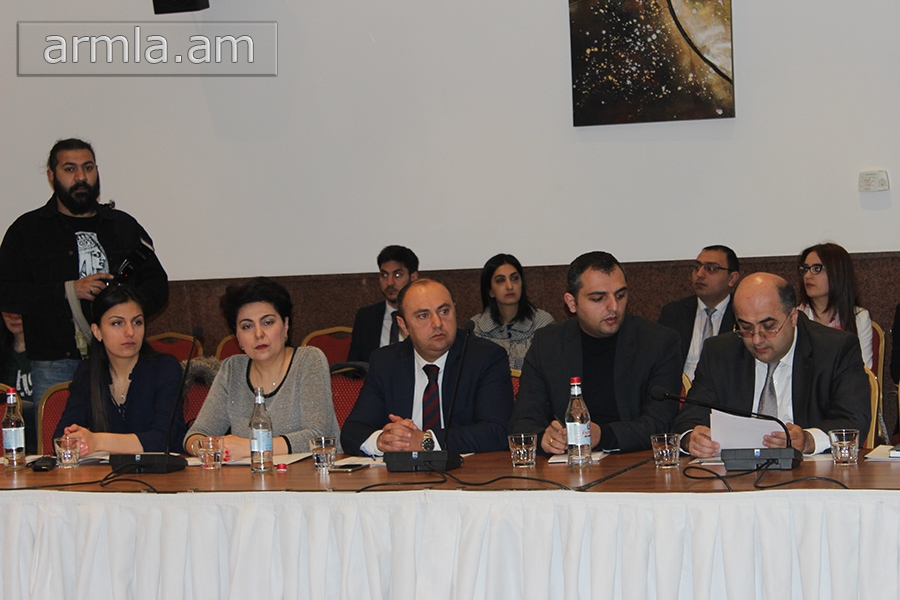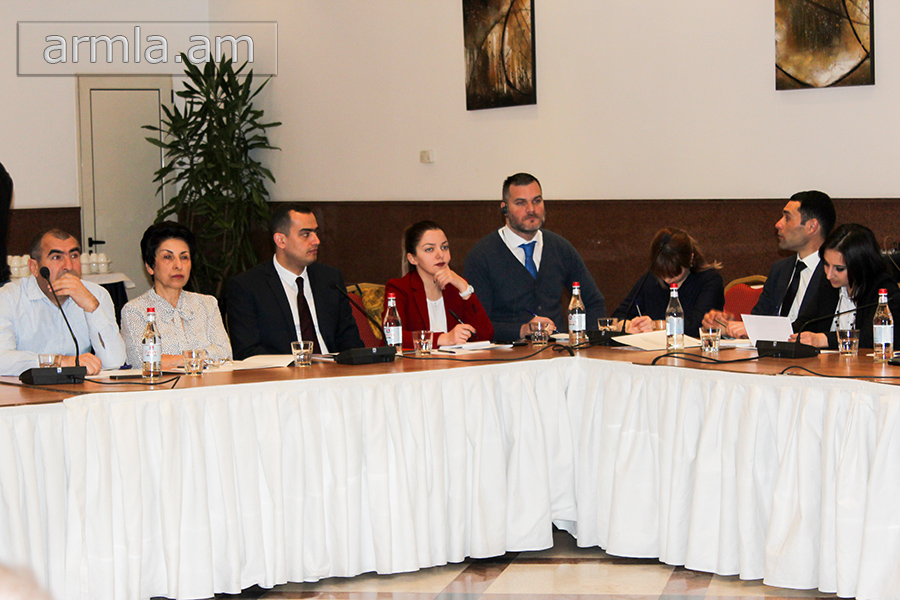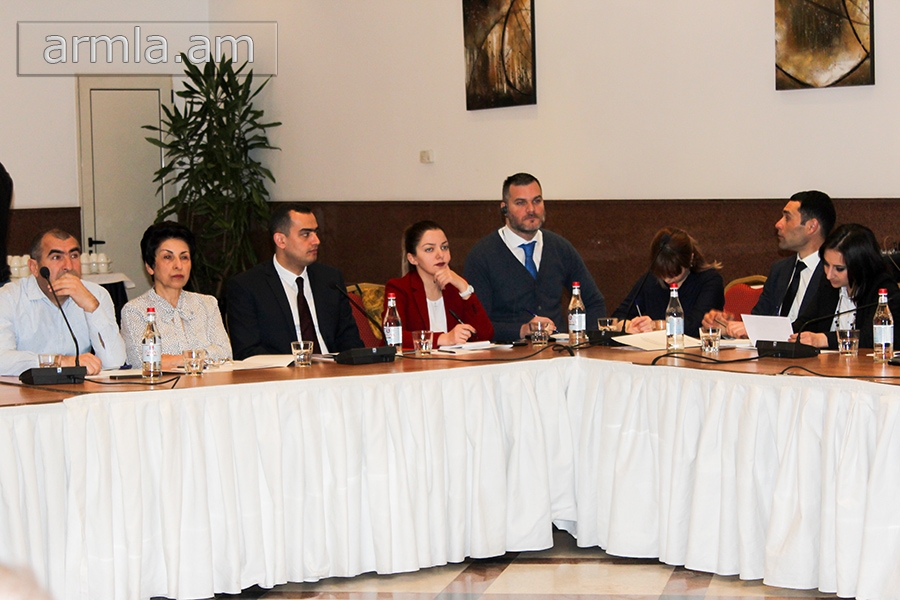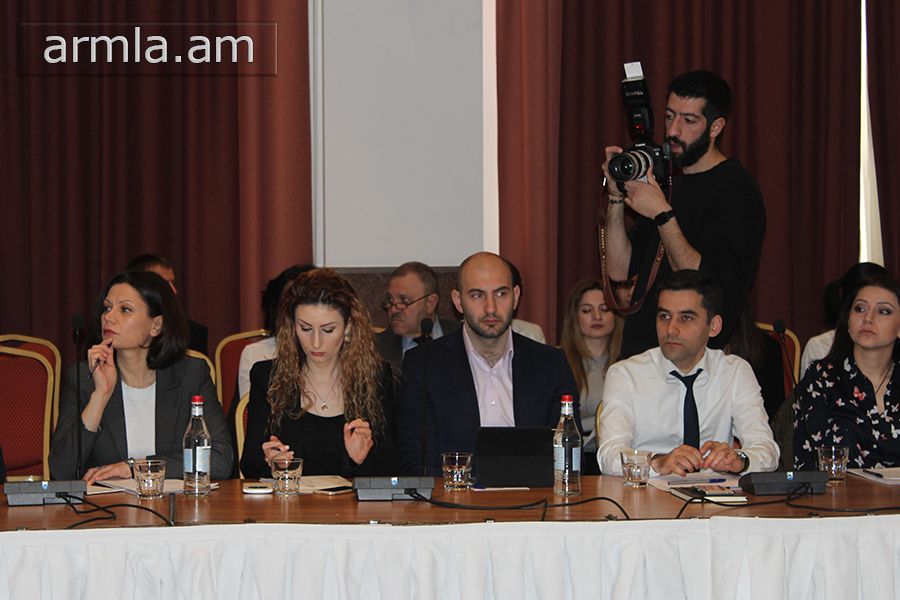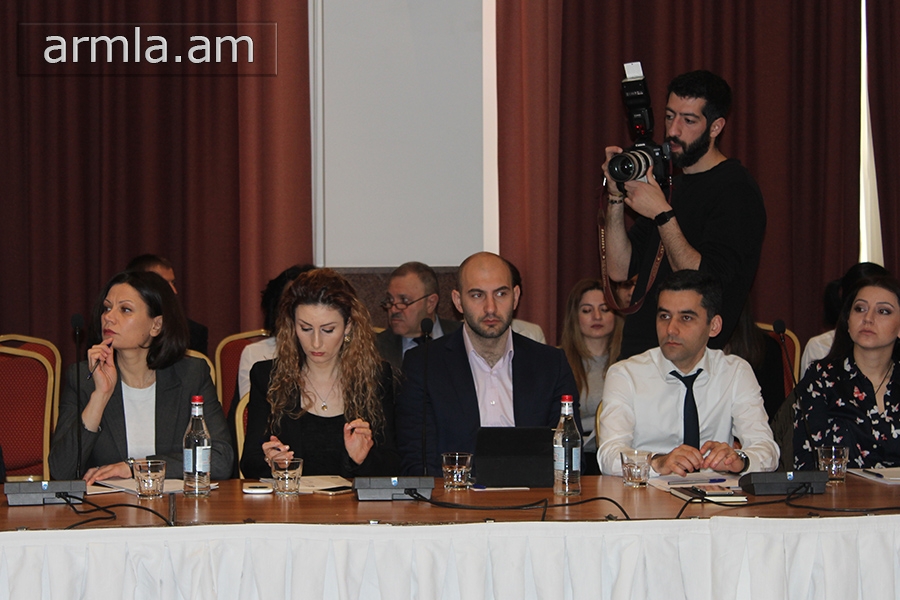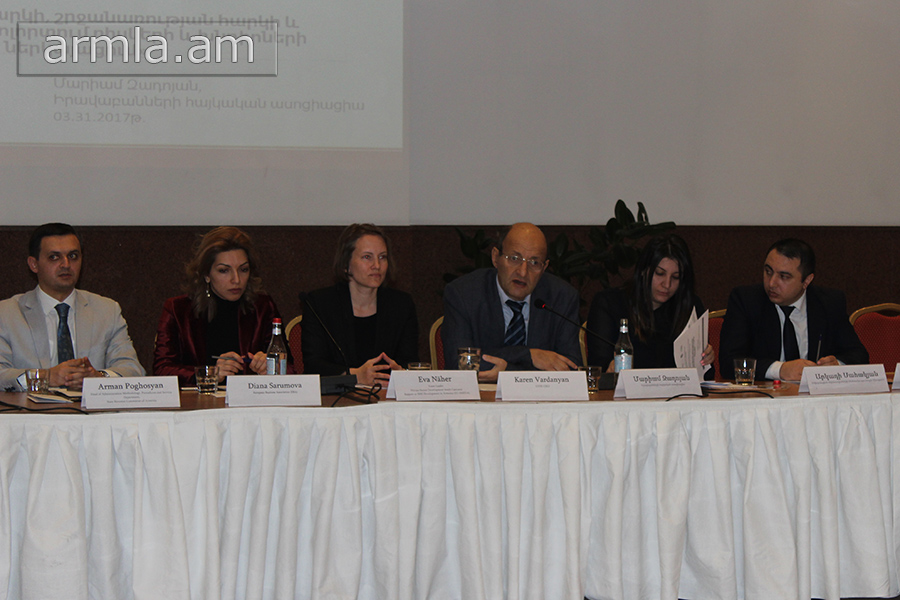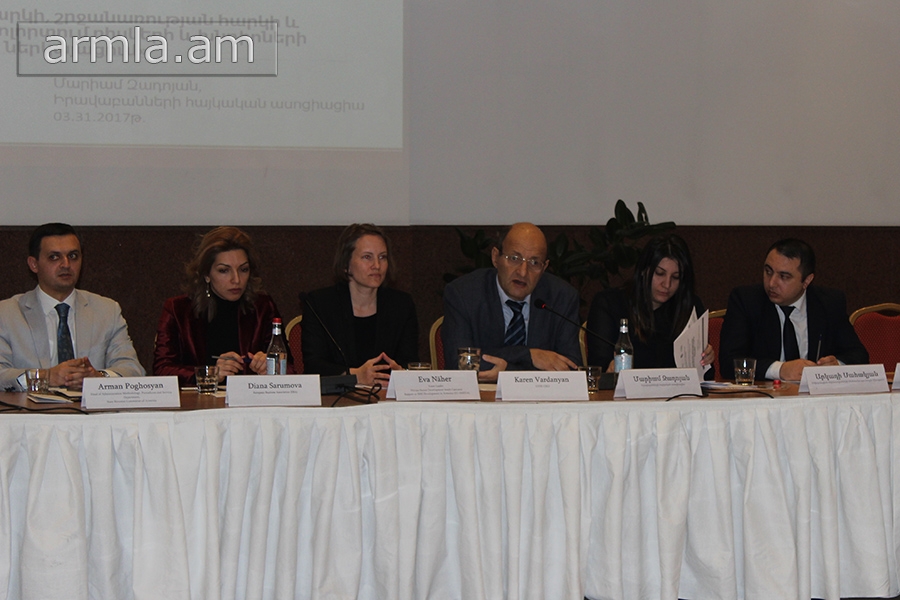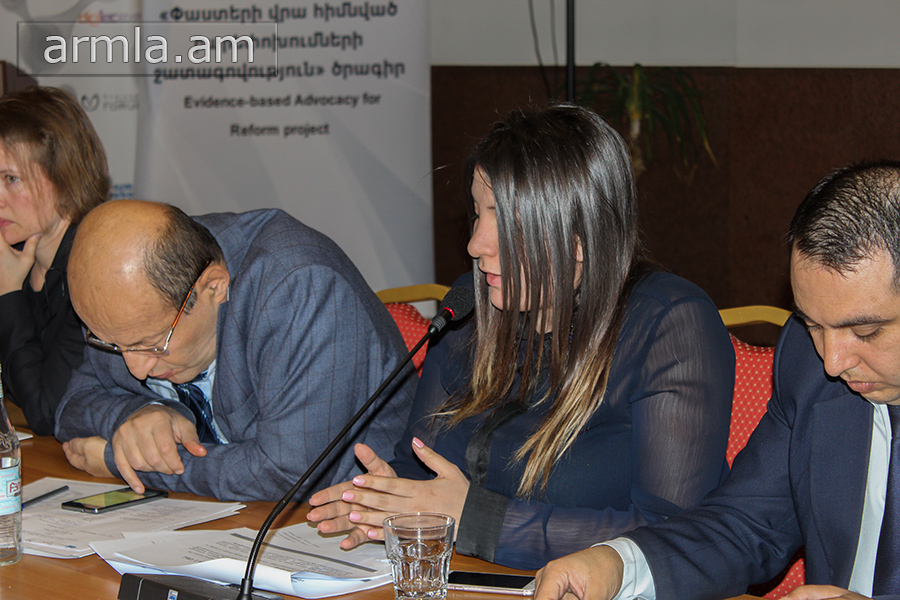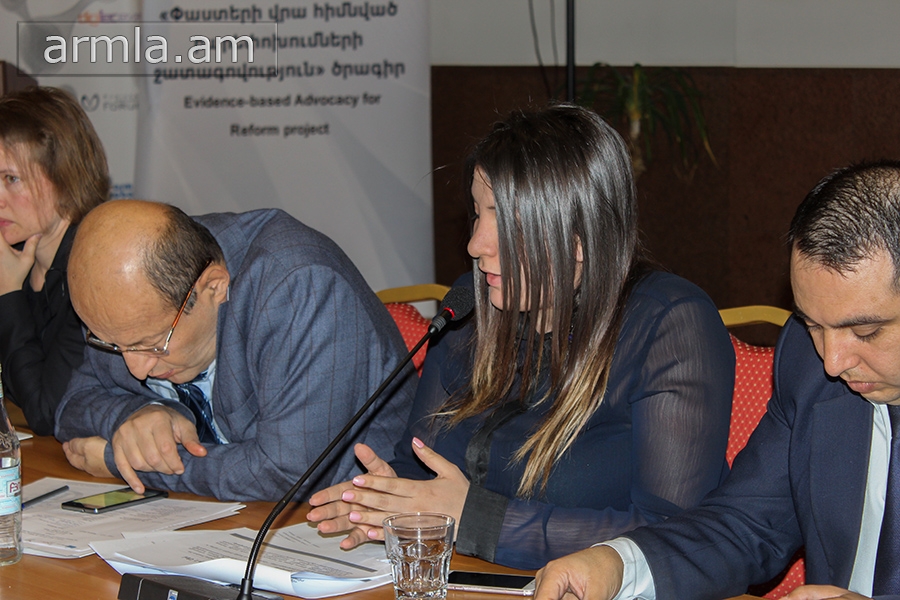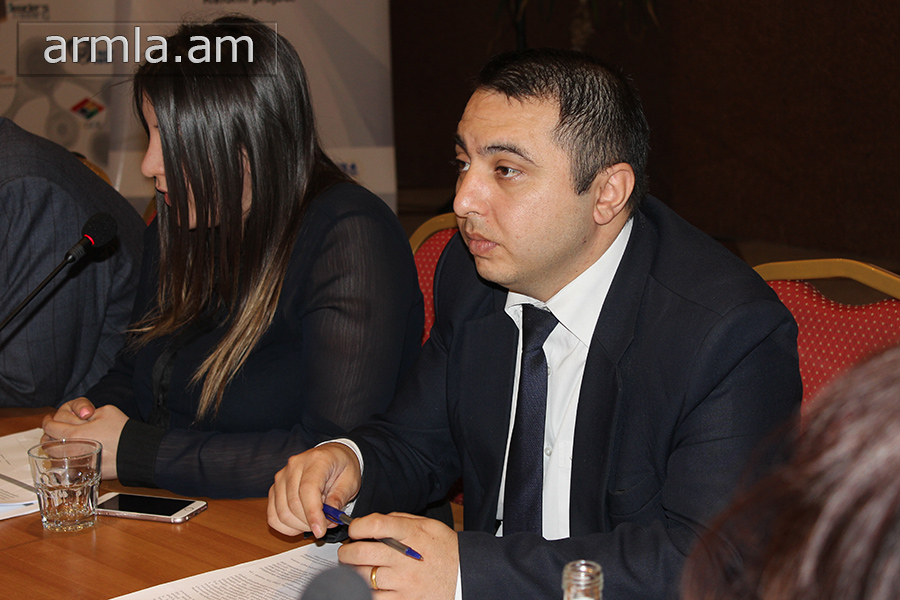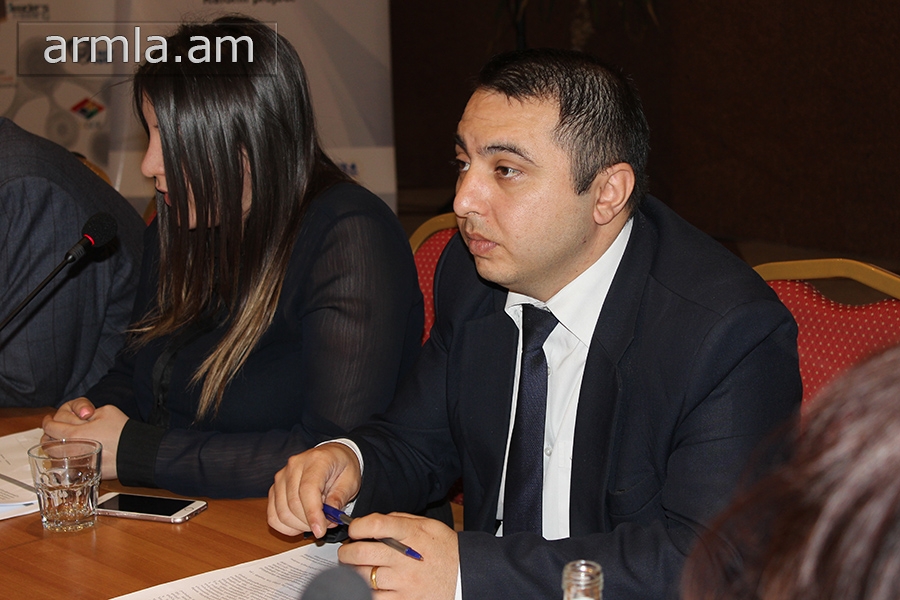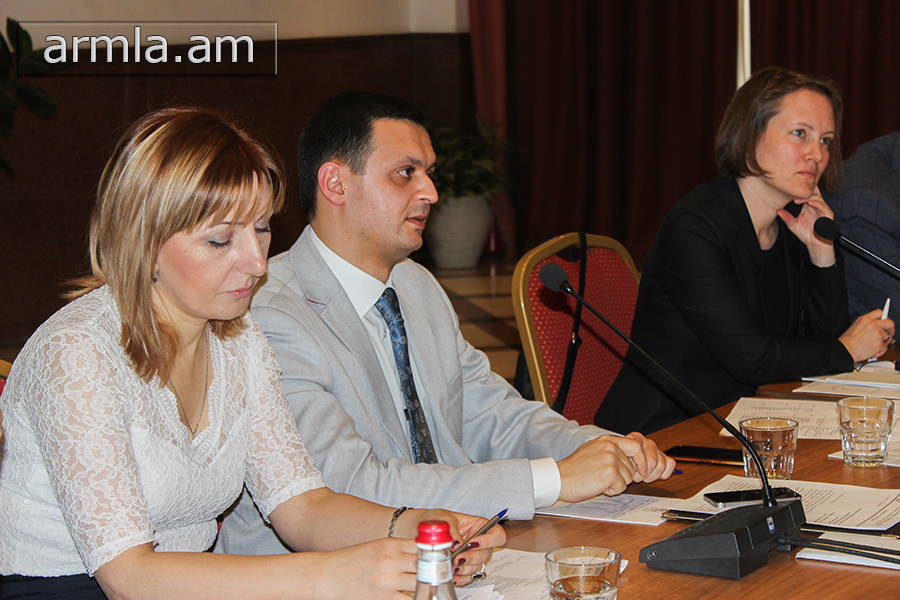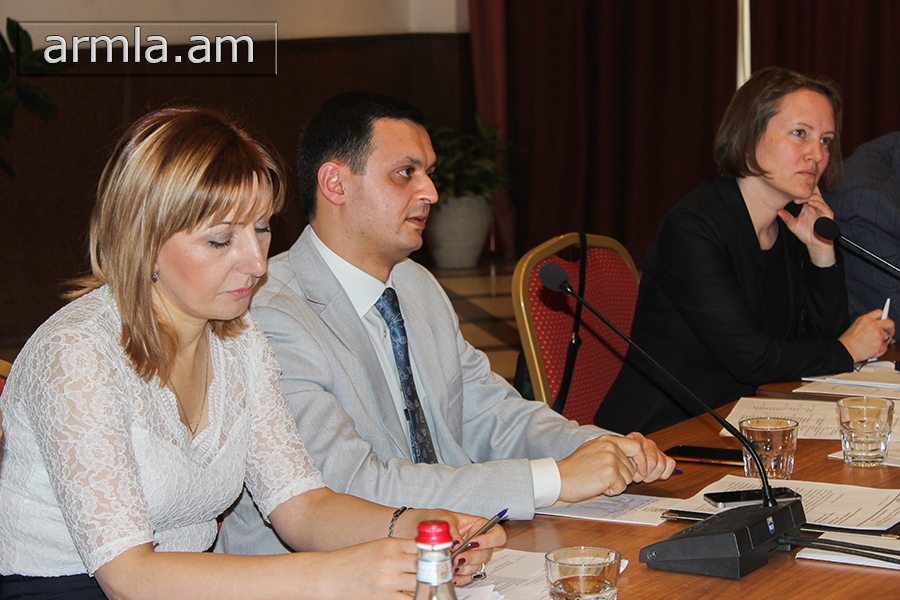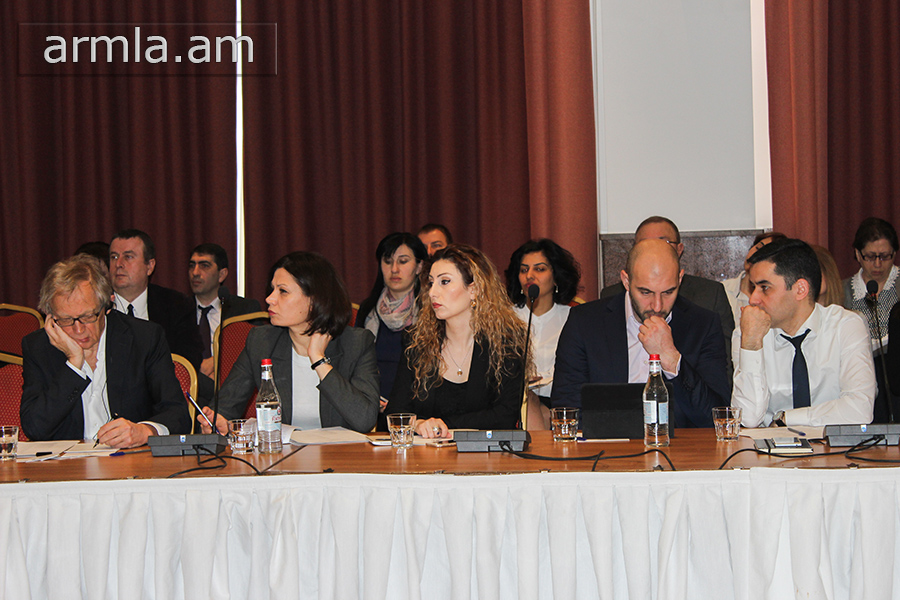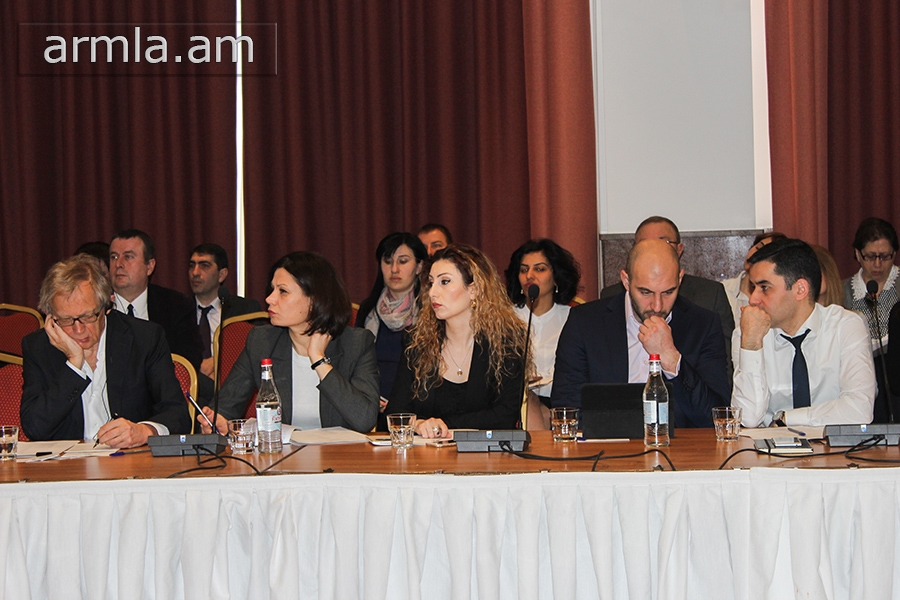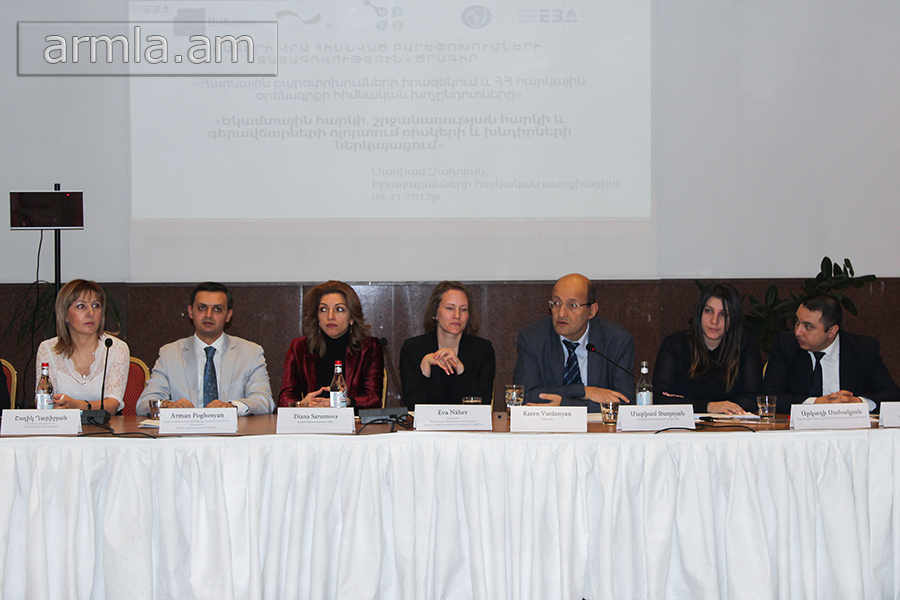
Problems still exist in the field of public procurement, despite a number of reforms made in recent days, and the revolutionary steps as Minister of Finance Vardan Aramyan says.
In February this year Yerevan Municipality announced a tender for purchase of simplified procedure for providing free computer tomography services to the population. Two companies: “MIBS” LLC and
“Slavmed Medical Center” LLC submitted applications.
Initially, Yerevan Municipality allocated AMD 12 million for 240 research for the provision of these services.
Mr. Arsen Torosyan, Director of “MIBS” LLC in the interview with Iravaban.net said that when looking through the website of the municipality he saw that community budget allocations are made for the provision of free of computer tomography services to the population. After that he registered in armeps.am system and received an invitation to participate in the tender on January 30. “We had never participated before. It is a complex process. You have to register online and submit documents. I felt a shock after reading the 30-page invitation.”
However, we submitted the application following all instructions.
A company that offered a higher price won the state procurement tender
“MIBS” Company submitted a bid of AMD 10.560.000 for participation in the tender. The bid of “Slavmed Medical Center” was 12 million AMD worth, that is, just as much as the Municipality had allocated for that purpose.
“That means one thing – “SlavMed” was sure that no other applications would be submitted. As anyone, who would have submitted a bid at least a penny cheaper price, would win,” Arsen Torosyan said.
And why didn’t “MIBS” Company, which offered a price that was cheaper for about 1.5 million AMD and which was beneficial for the Community budget win? In fact the reason was technical.
In response to the inquiry of Iravaban.net, Mr. Vahe Nikoyan, the Deputy Mayor of Yerevan City informed, “The application submitted by “MIBS” Ltd. within the scope of the
procurement procedure coded ԵՔ-ՊԸԾՁԲ-17/14 was rejected by the evaluation committee for the procurement procedure in accordance with requirements of the procurement provided by the RA legislation.”
Vahe Nikoyan said that the sample forms for invitations procurement procedures established by the Ministry of Finance indicated that the Participant, in accordance with the procedure established by the invitation, submits the tender security.
The Participant in the order established by the invitation represents the tender security and determines the amount of the tender security, which cannot be less than two percent of the bid offered by the invitation. That is, as a guarantee that the applicant later will not refuse to sign a deal with the state.
“MIBS” Company, had agreed with this condition and compiled the request for payment. But had not attached to the application.
“The system did not require the payment request, but accepted the application as complete and valid. There were changes in the process of submission since January and we thought that the request was no longer needed. That is, if it was even needed, there was no place to present it,” A Torosyan added that even in the case of submitting it in electronic form this document would have no legal force.
How to interpret the legal norm?
The letter from the Deputy Finance Minister Karen Tamazyan to Iravaban.net referring to the tender security reads: “The second part of the invitation provides that the participant shall attach in the field “Eligibility Criteria” the tender security in the form of penalty (Attachment 9). In accordance with paragraph 1.1 thereof, the request for payment penalty is an integral part of the agreement. In other words, attachment 9 of the invitation is composed of the penalty agreement and the request for payment as a whole. Consequently, the participant must enter the e-procurement system armeps.am not only penalty agreement, but also the attached request for payment.”
This means that both the municipality, the Ministry of Finance claim that Attachment 9 should include 2 documents: the penalty agreement and the request for payment.
The procedure of public procurement process is established by the Government Decision N 168-N of 10 February, 2011. Sub-paragraph 4 of Paragraph 44 of the Procedure provides, “… Commission rejects the proposals, which lack the bid or tender security that are required by the invitation.”
Paragraph 45 defines, “If as a result of the assessment carried out during the bid opening session, discrepancies with the requirements of the invitation occur, except the cases when the bid price and the tender security are missing in the application, or the bid or the tender security are presented inconsistent with the requirements of the invitation, the commission shall suspend the sitting for one working day, and the Secretary of the Commission shall electronically inform the participant about it on the same day offering the participant to correct the non-compliance before the end of the suspension period.”
That is, in case of discrepancies the participant is provided 1 working day to eliminate those. And the only exception is provided for the procurement bid and tender security. Deputy Minister Karen Tamazyan explains the fact as follows, “That exception is due to the fact to deter possible anti-competitive collusion.”
But the director of “MIBS” Company claims that they had not submitted only the request for payment which should be attached to the tender security, which had been provided.
Article 2 (10) of the RA Law on Procurements provides, “Tender security, in cases envisaged in this law, means a pledge by the bidder to secure the fulfillment of its obligations under the tender.” Article 29 (1) of the Law provides, “Tender security is submitted in the form of one-sided approved by the participant of the tender.”
In other words, there is no definition of what document or documents must compiled of the tender security. And in this case it is possible to interpret it differently, that the request for payment is only an attachment. Therefore, in conformity with the procedure established by Article 45 of the Government Decision N 168-N of 10 February, 2011, the Commission had to suspend the sitting for a working day and provide the opportunity to correct the discrepancy.
Use more profitable opportunity
In this case, the municipal budget deal made about 1.5 million drams (about 3000 dollars) more expensive.
In this case, the same deal at the expense of the municipal budget was about 1.5 million AMD (about 3000 USD) more expensive. While in case of more precise legal definitions or technical solutions it would have been possible to sign a more advantageous deal. At the same time avoid misunderstandings and creation of the atmosphere of non-confidence in the sphere of public procurements.
In the interview with Iravaban.net, Miss Mariam Zadoyan, the Lawyer of “Evidence-based Advocacy for Reform” project said, ” Given the fact that we already have had such a practice when due to a technical error we had a loss of about 1.5 million AMD, I propose to provide changes in armeps system making the process as easy as possible “
The expert proposes two options of changes. In case of the first option, “to project a tip on the screen when attaching Appendix 9, which shall prompt that it is necessary to attach both the request for payment and the tender security. and in case of the second option to foresee separate lines for inclusion of the request for payment and the penalty agreement.”
Mariam Zadoyan also noted that in order to avoid the above situations
it is necessary not to set a one day exception only for the cases of failure to provide the tender security or a bid and provide opportunity to correct deficient submission of formal requirements as well, specifically if they have been met in terms of contextual requirements, and especially if it is in the interests of the state.
This investigation has been published in the scope of “Evidence-based Advocacy for Reform” project, which is implemented by the consortium of Union of Information Technology Enterprises (UITE), Armenian Lawyers’ Association (ALA) and European Business Association (EBA) with financial support of the German International Cooperation (GIZ).
This project is implemented in the frameworks of “Support to SME Development in Armenia” (SMEDA) project. (SMEDA) project is co-funded by the European Union and the German Federal Ministry for Economic Cooperation and Development (BMZ) and implemented by GIZ Private Sector Development in South Caucasus Programme. SMEDA is part of the EU4Business and EU4Innovation initiatives of the European Union.
This article has been produced with the assistance of the European Union. The contents of this publication are the sole responsibility of the Consortium and can under no circumstances be regarded as reflecting the position of the European Union”.



